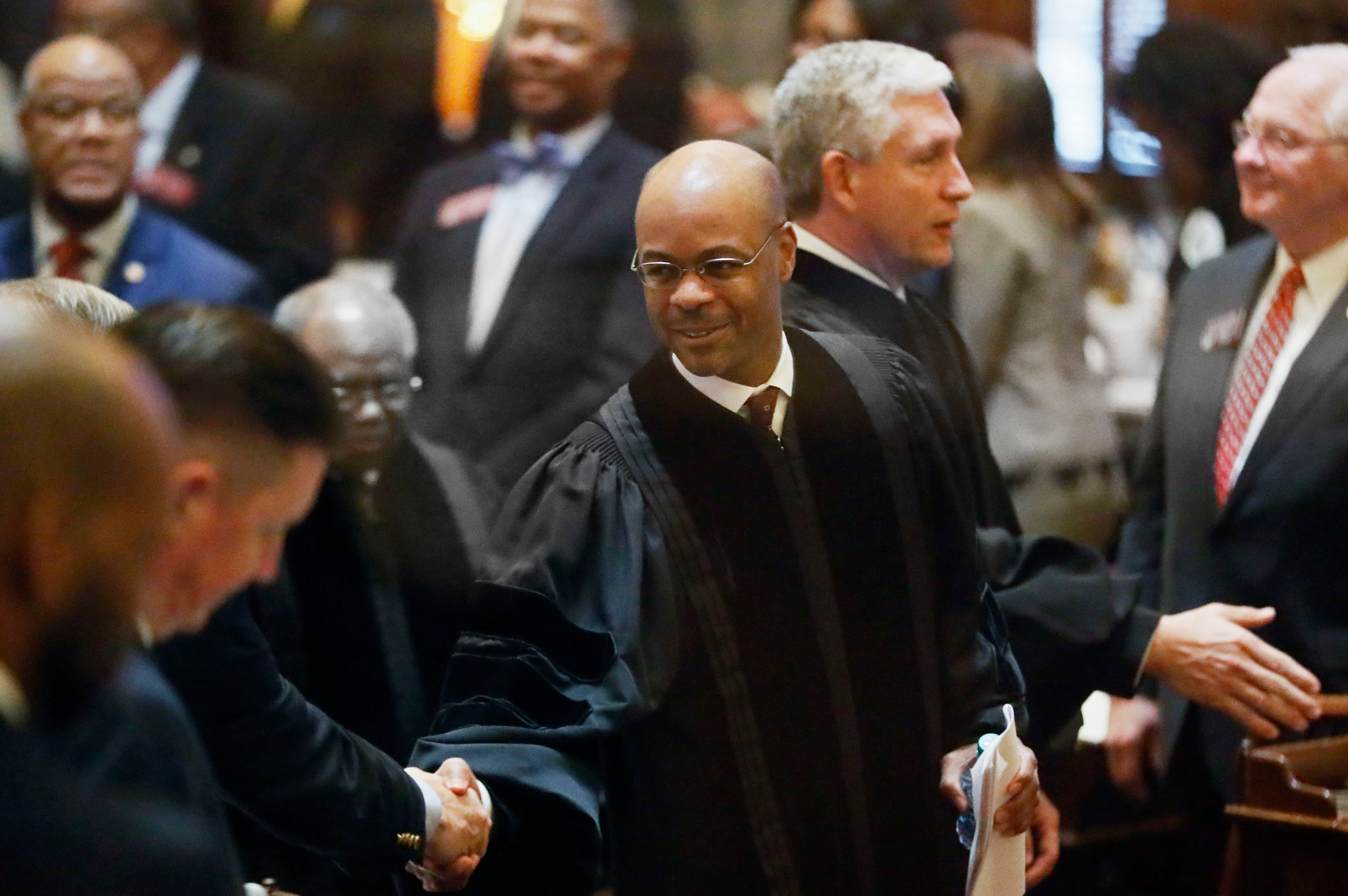United Methodists in Georgia to have one bishop after reorganization

The United Methodist Church, embattled by disagreements and the loss of many of its congregations in the past two years, is reorganizing its North and South Georgia conferences into one episcopal area with one bishop.
Bishop Robin Dease, who currently serves as the bishop of the North Georgia Conference will also become bishop for the South Georgia Conference as well, according to an announcement made Thursday evening.
While the two areas will share a bishop, North and South Georgia will still remain two annual conferences with separate staffs and geographical areas, said spokeswoman Sybil Davidson.
The change becomes effective Sept. 1.
The decision was made during this week’s 2024 Southeastern Jurisdictional Conference held at Lake Junaluska, North Carolina. Delegates also approved the creation of 10 episcopal areas including the new one in Georgia. The Southeastern Jurisdiction, which covers the Southeastern states, had previously held 13 episcopal areas.
Dease was the first Black woman installed as bishop for the North Georgia Conference in 2023 and will also be the first for South Georgia.
Bishop David Graves, who currently serves as the episcopal leader of the South Georgia Conference, will become bishop of the Kentucky-Tennessee Area, which includes Kentucky, Central Appalachian Missionary, and Tennessee-Western Kentucky.
He began overseeing the South Georgia Conference in 2021.
Today, the UMC North Georgia conference has about 440 churches remaining. Since 2022, more than 330 churches have left, which was about 38% of the conference’s churches. The smaller South Georgia Conference, which includes the area of the southern part of the state, has 274 congregations, which includes established churches, missional congregations, and new church starts.
Driving church disaffiliations are more traditional congregations that have said they fear the denomination will become more progressive.
The denomination earlier this year struck down the church’s controversial prohibitions around homosexuality, which has driven away many of the denomination’s churches over the past two years.
At the June annual North Georgia Conference meeting — the first since the UMC church eliminated its prohibitions — Dease told UMC pastors that she recognized they might feel frustrated because people have left their churches, but “now you truly know what it means to be a pastor.”
The worldwide UMC denomination also approved a regionalization plan that allowed for geographic regions including North America, Europe, Africa and the Philippines to set their own rules on different issues, including LGBTQ clergy, based on culture and context.



